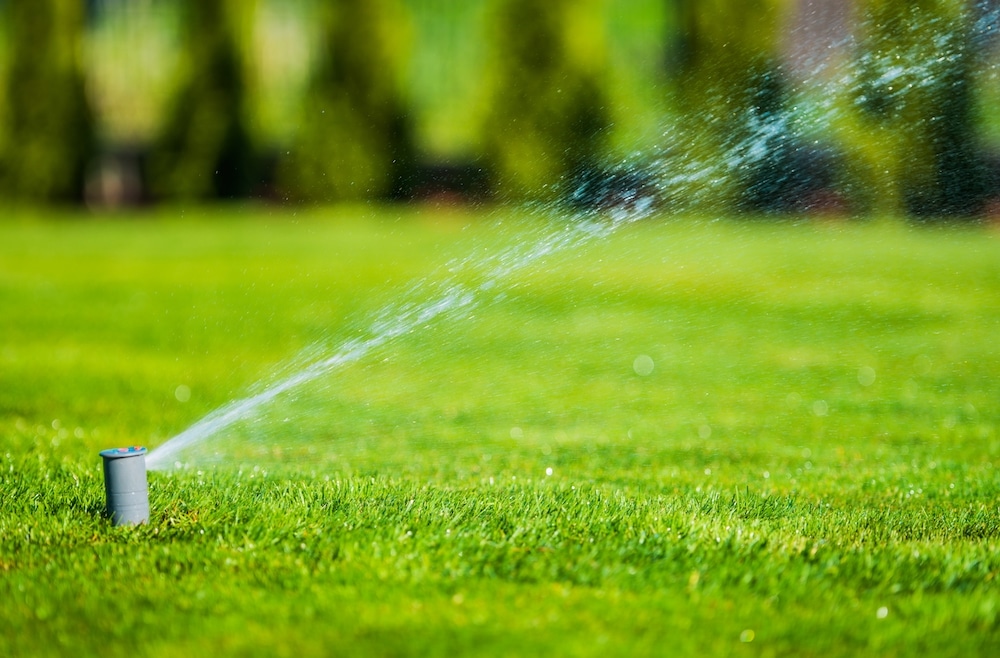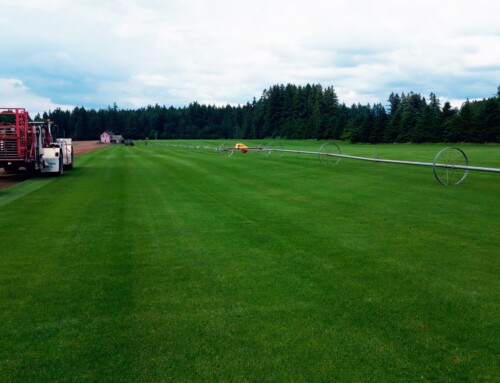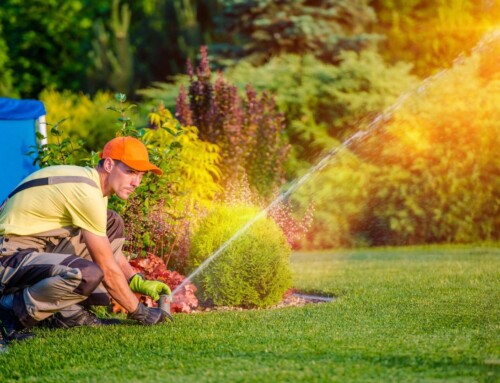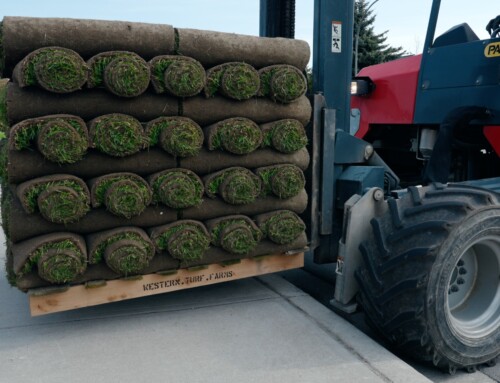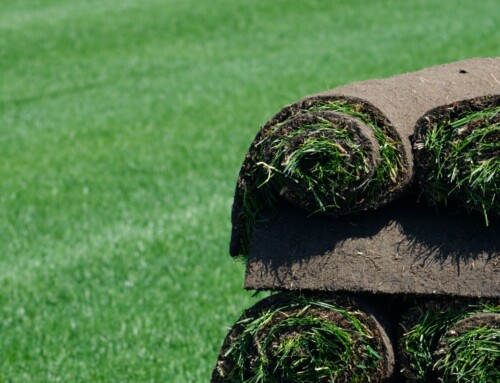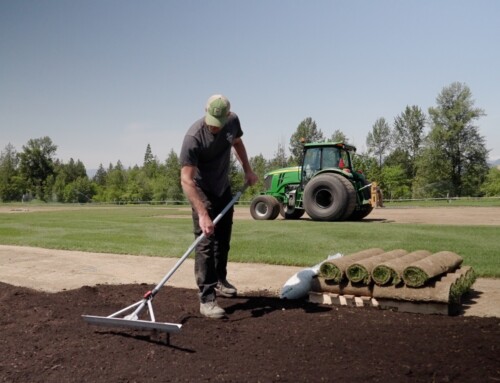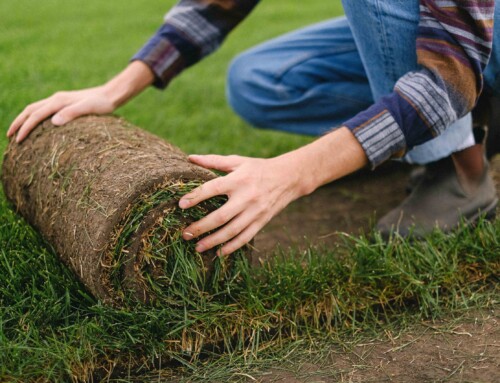Your Lawn benefits the environment in many ways. There is a trend these days among homeowners to ditch their lush green lawns in favour of rock landscapes, or other alternatives. For some, it may be a desire for a low- or no-maintenance yard. Others may be frustrated watching their lawn turn brown during periods of restricted water use and decide to replace it. There is also the perception that maintaining a lawn is not environmentally responsible but in truth, your lawn does play a role in helping the environment and this is just one of the reasons why you don’t want to get rid of your lawn.
How Your Lawn Benefits the Environment
You may have come across images on social media or elsewhere that suggest having a lawn is somehow damaging to the environment. At a time when so many people are looking for ways to do their part in finding green solutions to everyday challenges, it can be disturbing or even upsetting to think that maintaining a healthy green lawn could somehow be doing more harm than good. There are several ways in which your lawn is beneficial, however.
Some of the environmental benefits of your lawn include:
Cleaning the Air
No matter how magnificent your rock landscaping may be, it will never be able to accomplish what your natural lawn does effortlessly: clean the air.
Grass is a plant and like all other plants, it can collect CO2 and release oxygen. We all know the importance of oxygen for life on Earth, but the ability to trap CO2 is also of critical importance. An excess of CO2 can lead to environmental dangers including a rise in air temperatures.
When you maintain a healthy lawn, the grass helps contain CO2 and traps dust, removing it from the air we breathe. Less dust in the air leads to cleaner homes, cars, windows, and most importantly, lungs. Your lawn benefits your health as well.
Improving Soil Structure
When soil lacks good structure, it can become compacted, meaning it doesn’t allow for the efficient absorption of water. As a result, rain isn’t able to replenish groundwater resources. In areas that rely on precipitation to supply drinking water, this can be quite problematic. Your lawn helps to maintain good soil structure, providing pores for water to soak into. Additionally, when filtered through the root system of sod and soil, the water is cleaned of various toxins that it may otherwise accumulate. Water filtered by a lawn may be as much as 10 times less acidic than water running off other surfaces.
Trapping Stormwater Runoff
Heavy rain can be very cleansing, as it tends to wash things away. Unfortunately, when you have no lawn, this can include soil, mulch, and gravel. As the water runs off, creating holes, ruts, and divots, it can drag this material with it into storm drains, resulting in clogs that can in turn lead to flooded streets and houses.
With a good, lush lawn, combined with good soil structure, the runoff is slowed enough for absorption.
Reduced Noise Pollution
Perhaps not the first thing that comes to mind when thinking of the environment or pollution, when there is no lawn, what remains is a hard surface that can reflect sound. A quieter home leads to a better night’s sleep and a more enjoyable neighbourhood.
Lower Temperatures
Lawns can help reduce the heat island effect, which refers to the tendency of buildings, roads, and other structures to absorb and re-emit heat from the sun. Due to the heat island effect, urban areas that are predominantly concrete can be considerably warmer than more natural locations with grass and trees.
This increased heat also leads to an increase in energy consumption as air conditioning is turned up higher to compensate. By helping to lower the temperature around your home, grass can not only keep you more comfortable, but it can also help you save on your energy bills as well.
Greater Biodiversity
Supporting greater biodiversity is one of the key ways your lawn benefits the environment. As humanity continues to expand, native plants and animals face increasing challenges. Trees, shrubs, and even grass will support biodiversity by providing green space for worms and other insects that are an important part of the ecosystem. These small creatures are a part of the food chain, allowing birds and small mammals to survive. By maintaining a healthy lawn, you are helping maintain the biodiversity of your environment.
We don’t often think of our lawn as anything more than ornamental, but it is an excellent way to help preserve your local environment. And if you have children, it’s a safe bet that they would prefer running barefoot on grass than rocks.
At Western Turf Farms, we can supply high-quality new grass for your yard that is weed and chaffer beetle resistant and installs smoothly. Keep it green!

